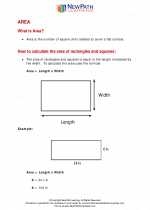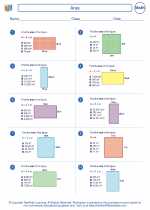Digital Currency
What is Digital Currency?
Digital currency is a type of currency that is available only in digital or electronic form, and does not have a physical counterpart like coins or banknotes. It is also known as cryptocurrency, as it uses cryptography for secure financial transactions. Digital currency operates independently of a central bank and is decentralized in nature.
Types of Digital Currency
- Bitcoin (BTC): The first and most well-known digital currency, created in 2009 by an unknown person using the pseudonym Satoshi Nakamoto.
- Ethereum (ETH): A decentralized platform that enables smart contracts and distributed applications to be built and operated without any downtime, fraud, control, or interference from a third party.
- Ripple (XRP): A digital payment protocol that operates as both a digital currency and a payment network for financial transactions.
- Litecoin (LTC): Created as the "silver to Bitcoin's gold," it was designed to produce blocks more frequently and with a capped supply of 84 million coins.
How Digital Currency Works
Digital currency operates on a technology called blockchain, which is a distributed ledger that records all transactions across a network of computers. The blockchain ensures the security and transparency of transactions, as each block contains a cryptographic hash of the previous block, creating a chain of blocks that cannot be altered without the consensus of the network.
Advantages of Digital Currency
- Decentralization: Digital currency is not controlled by any central authority, reducing the risk of manipulation and interference.
- Security: Transactions are secured through cryptographic techniques, making it difficult for unauthorized parties to alter or counterfeit transactions.
- Lower Transaction Fees: Digital currency transactions often have lower fees compared to traditional banking and financial systems.
- Accessibility: Digital currency can be accessed and transferred globally, providing financial inclusion for individuals in areas with limited access to traditional banking services.
Challenges of Digital Currency
- Volatility: Digital currencies are known for their price volatility, which can lead to unpredictable fluctuations in value.
- Regulatory Uncertainty: The regulatory landscape for digital currencies is still evolving, leading to uncertainty and potential legal and compliance challenges.
- Security Concerns: While the blockchain technology is secure, digital currency exchanges and wallets may be vulnerable to hacking and theft.
Study Guide
When studying digital currency, it's important to understand the underlying technology of blockchain and how it ensures the security and transparency of transactions. Familiarize yourself with the major types of digital currencies, such as Bitcoin, Ethereum, Ripple, and Litecoin, and their respective features and use cases. Additionally, explore the advantages and challenges of digital currency, including decentralization, security, volatility, regulatory uncertainty, and security concerns.
As you delve into the topic, consider the potential impact of digital currency on the future of finance and global economy, and examine the evolving regulatory frameworks and technological innovations in the digital currency space.
Lastly, it's beneficial to stay updated on the latest developments and trends in the digital currency market, as it is a rapidly evolving and dynamic field.
.



